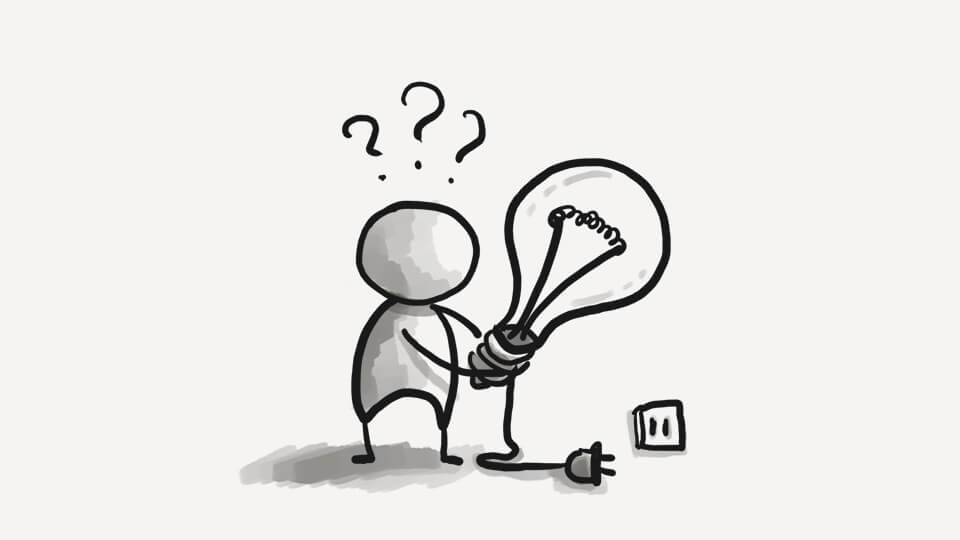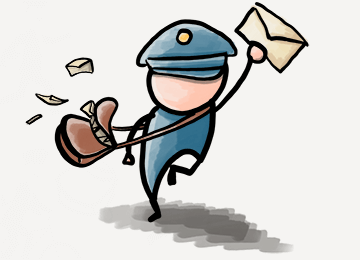Have you ever caught yourself pausing over a passage, an idea, or something a character was about to say, and thinking to yourself:
“What if my family reads this? It’s too personal… What will they think of me?”
“What if my writing offends people? Will they think this is me talking?”
“What if it makes me look like a fool?”
If you did, have you then proceeded to think of something else you could write, something safer, more generic—after all, that bit you censored? It wasn’t that important in the grand scheme of things—or did you stand your ground and wrote down that thing that made you uncomfortable, and let your story speak for itself?
But what if! What if the story suffers because of some small stupid passage in the middle?
In my experience, the writing that makes our stories suffer is the writing we don’t see. The habits in our blindspot. Faults you never notice until someone else points them out to you.
The writing that makes you uncomfortable, that seems too real, too honest, too brave, too personal—you should keep. A thought that makes you uncomfortable is a thought worth having and a story worth telling.

